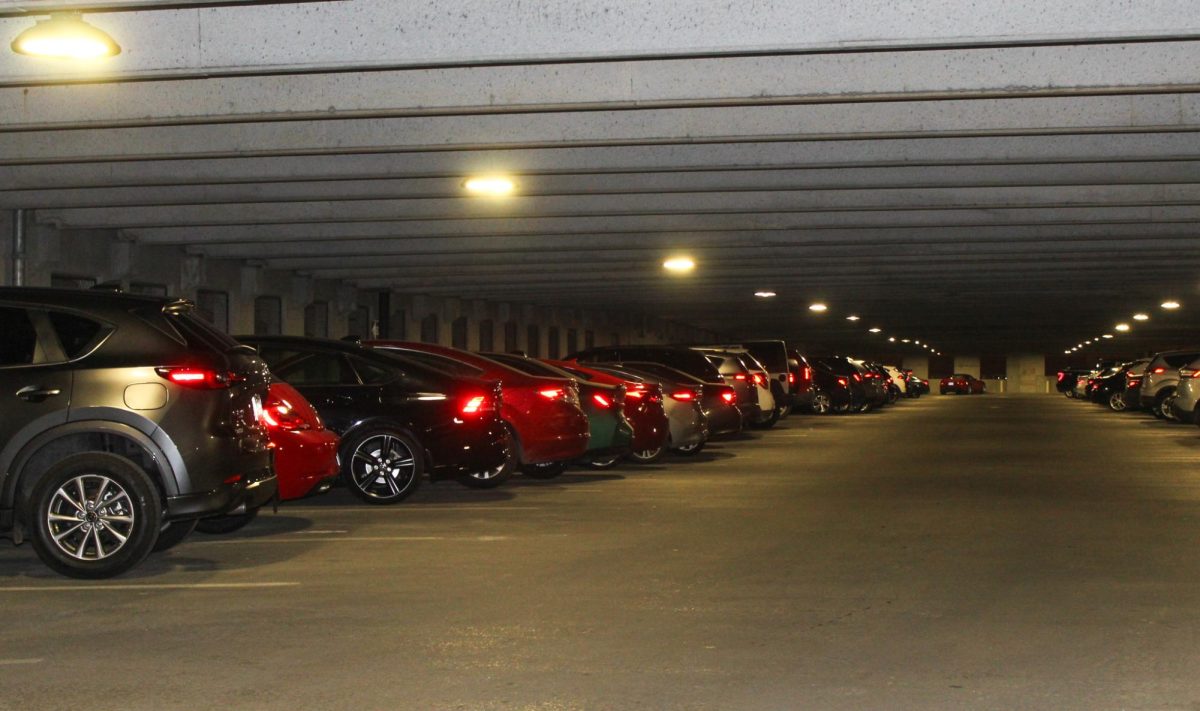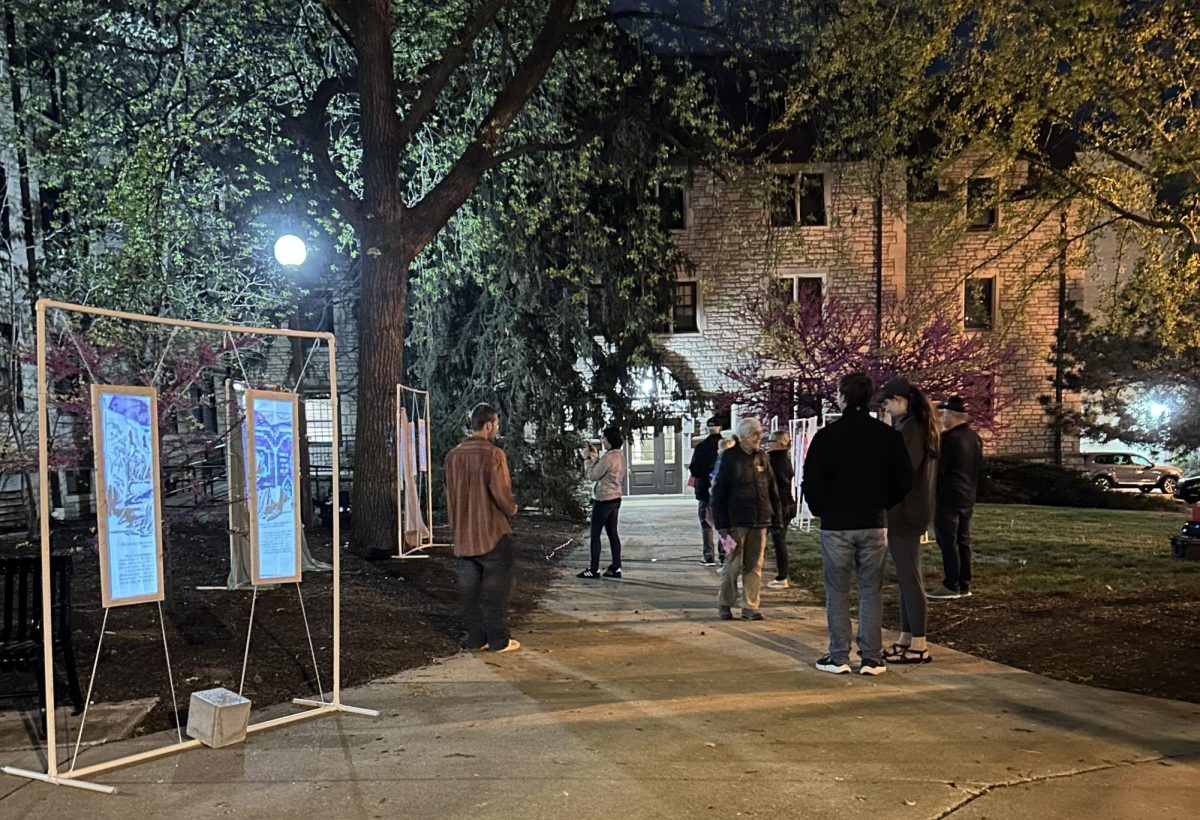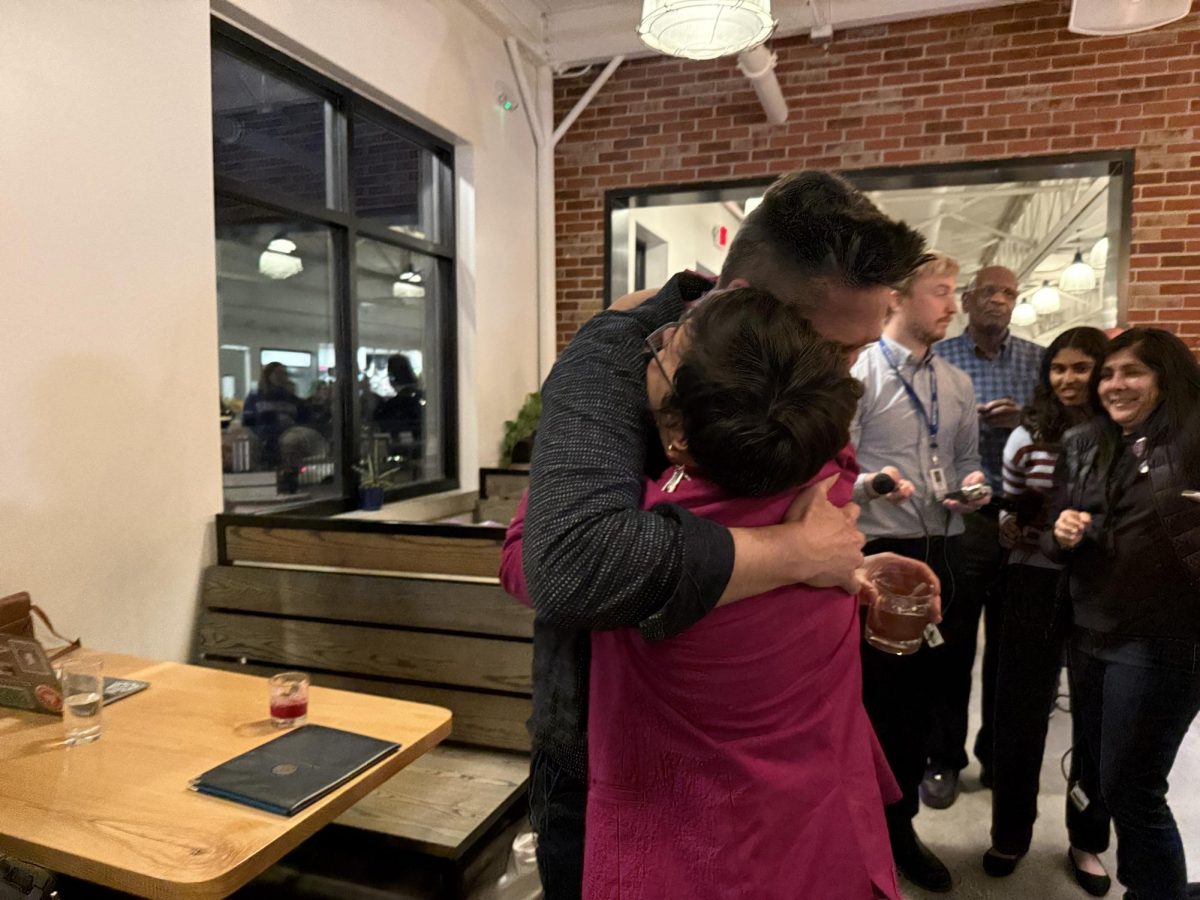State Rep. Mike Kelley, R-Lamar, proposed a referendum to the Missouri House of Representatives that could make daylight saving time permanent in the state, even in the winter months that currently operate in Central Standard Time.
“We’ve seen the economic and societal benefits of having DST eight months out of the year and if logic says it’s been beneficial, we should make this a year-long process,” Kelley said.
One of the main reasons for Kelley’s proposal is the loss or gain of an hour on the second Sunday of March and the first Sunday of November, respectively, each year. The time changes associated with DST have been proven to disrupt circadian rhythms and make the following Mondays dangerous and unproductive.
“When you suddenly lose an hour of sleep you have people going, ‘Why do we do this to ourselves? This is such a dumb idea!’” Kelley said.
Students at MU said they have a tough time adjusting to the changes of daylight as well. Junior Kyle Bayer said it is difficult getting to school and staying attentive once DST begins.
“For the first week, it really messes with my sleep schedule,” Bayer said. “Getting stuff done is a little harder because I’m losing that hour of sleep that I’m supposed to be getting. I guess it’s just the time constraint. It makes everything a little bit faster and the time crunch is a little harder.”
Another top concern for Kelley is daylight saving time’s effect on business. He noted that the farming and construction industries could benefit from the increased sunlight.
“[There’s] a construction industry and a farming industry that will obviously benefit from having more daylight hours, especially during the cold winter months when often some of the tasks that they’re doing on those types of jobs is very limited when the weather is adverse,” Kelley said. “So if they have a nice, sunny day where there’s extra time, they can get more things done. I believe the economic factors here could be huge.”
Daylight saving time, while introduced during the first World War as an energy saving measure, has been shown to increase energy spending. A study published in The Review of Economics and Statistics in November 2011 highlighted the use of heating and cooling being used more frequently during DST to raise energy expenditures by about one percent per household.
The increased energy use is caused by the earlier, colder hours being pushed into the early morning routines of families. Many households choose to turn down the temperature overnight to save energy while turning the heat up for waking hours.
Daylight saving time is also associated with a decrease in traffic fatalities, according to a study published in the American Journal of Public Health. Due to the increased amount of sunlight during the more heavily trafficked afternoon hours, there were fewer pedestrian fatalities caused by motor vehicles in the U.S. during daylight time.
“An estimated 901 fewer fatal crashes (727 involving pedestrians, 174 involving vehicle occupants) might have occurred if daylight saving time had been retained year-round from 1987 through 1991,” according to the study.
Kelley’s proposal would create a constitutional amendment to replace the standard time with daylight saving time beginning in the first Sunday of March 2017.






